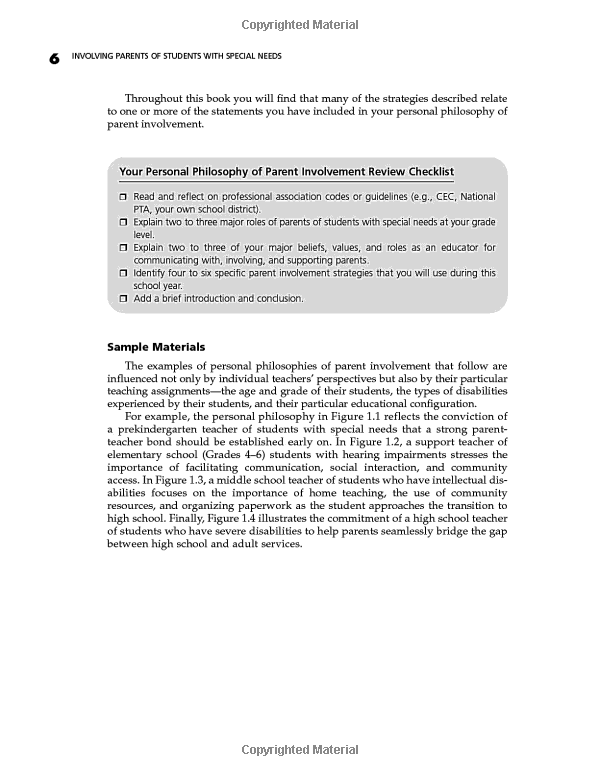"Essential Guide to Getting a Loan as a Student: Tips, Options, and Strategies for Success"
#### Getting a loan as a studentGetting a loan as a student can be a crucial step in financing your education and managing your expenses while pursuing your……
#### Getting a loan as a student
Getting a loan as a student can be a crucial step in financing your education and managing your expenses while pursuing your degree. With the rising costs of tuition and living expenses, many students find themselves in need of financial assistance to help them achieve their academic goals. This guide will provide you with valuable information on the types of loans available, the application process, and tips for managing your loans effectively.
#### Understanding Student Loans
When it comes to getting a loan as a student, it’s important to understand the different types of loans that are available. Generally, student loans can be categorized into federal loans and private loans.
**Federal Loans**: These loans are funded by the government and usually offer lower interest rates and more flexible repayment options. There are several types of federal loans, including Direct Subsidized Loans, Direct Unsubsidized Loans, and Direct PLUS Loans for graduate students and parents. Subsidized loans are particularly beneficial because the government pays the interest while you are in school.
**Private Loans**: These loans are offered by banks, credit unions, and other financial institutions. Private loans can vary widely in terms of interest rates and repayment options. It’s essential to shop around and compare different lenders to find the best deal. Keep in mind that private loans often require a credit check, and the terms can be less favorable than federal loans.

#### The Application Process
Getting a loan as a student typically begins with filling out the Free Application for Federal Student Aid (FAFSA). This form determines your eligibility for federal financial aid, including grants, work-study programs, and loans. Completing the FAFSA is essential, as many states and colleges also use this information to award their own financial aid.
Once you submit your FAFSA, you will receive a Student Aid Report (SAR), which summarizes your financial information. Based on this report, your school will determine the amount of federal aid you’re eligible for, including loans. If you’re considering private loans, you will need to apply directly with the lender of your choice, providing information about your income, credit history, and other financial details.
#### Tips for Managing Your Loans
Successfully managing your loans is crucial for your financial health after graduation. Here are some tips to help you navigate the process:

1. **Borrow Only What You Need**: It can be tempting to borrow the maximum amount offered, but only take what you need to cover your educational expenses. This will help minimize your debt load after graduation.
2. **Understand Your Repayment Options**: Familiarize yourself with the different repayment plans available for federal loans. Options like income-driven repayment plans can make your monthly payments more manageable based on your income.
3. **Stay Informed About Interest Rates**: Keep an eye on interest rates for both federal and private loans. If you have private loans with high-interest rates, consider refinancing them to lower your payments.
4. **Make Payments While in School**: If possible, consider making interest payments while you are still in school. This can help reduce the overall amount you owe when you graduate.
5. **Create a Budget**: Establishing a budget can help you manage your finances better and ensure that you can make your loan payments on time.

#### Conclusion
Getting a loan as a student is an important financial decision that requires careful consideration and planning. By understanding the types of loans available, navigating the application process, and managing your loans effectively, you can set yourself up for success in your academic journey and beyond. Always remember to seek advice from financial aid advisors at your school to help guide you through the process.